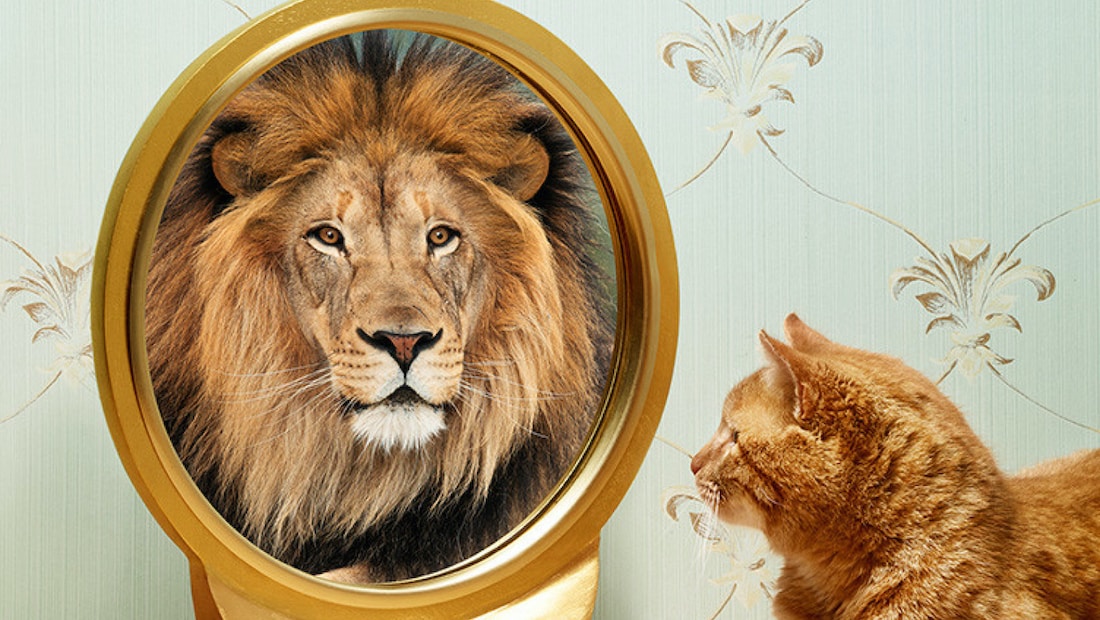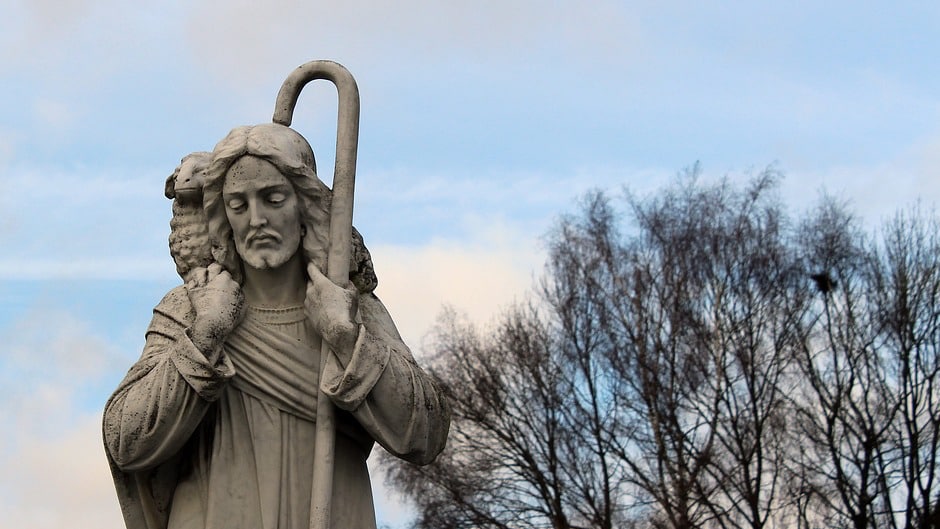What is the greatest human fault? I believe it is self-deception, which causes or enables virtually all other faults. In addition to violating truth, self-deception prevents us from following the timeless advice inscribed at the Temple of Apollo at Delphi and regarded by Socrates, Plato, and other ancient philosophers as fundamental to learning, wisdom, and meaningful living—“Know Thyself.”
In modern times, there seems to be no end to the lies and half- or quarter-truths people embrace. For example, some people with symptoms of serious diseases such as cancer lie to themselves that their condition is not serious enough for them to see a doctor. Many divorced people deceive themselves about the reasons for the breakup of their marriages. Most smokers, alcoholics, and drug addicts deny their dependence: “I can stop anytime I want to” is their shared lie.
Many people also deceive themselves about their competency, first pretending to others that they are knowledgeable and then believing the pretense. Edwin L. Clarke described their behavior this way: “Persons who, for instance, would consider it the height of presumption to advise an engineer how to plan a simple culvert, have no hesitation in speaking with an air of authority on far more complex questions . . . on which their knowledge is very superficial and only too often derived from inaccurate and biased sources.”
Here are a dozen other self-deceptions that cause great mischief:
“Nothing influences me because I am an individual.” Individuality isn’t something we get at birth and never can lose. Every day of our lives we are exposed to numerous influences. Only by choosing carefully and sensibly among them can we maintain our individuality.
“I already know everything worth knowing.” On the contrary, as any expert in any field can confirm, the more we learn about a subject, the more we discover how much more there is to learn. The Greek philosopher Socrates, widely considered to be one of the wisest human beings who ever lived, declared “I know nothing except the fact of my ignorance.” He wasn’t just being modest—he was stating an important truth.
“No one knows me as well as I know myself.” This is partly true. No one knows our secret dreams, longings, hopes and fears, or our intentions as well as we do. Those are all inner realities about us. But there is another important dimension to us, the outer dimension, and that can be seen much better by others. And we need to access that dimension if we are to know ourselves fully.
“The higher my self-esteem, the greater my chances of success.” This is simply false. High self-esteem offers no guarantee of success—in fact, it can lead to over-confidence and complacency and thus block success. Desire and hard work offer a surer path to success.
“Guilt and shame damage my mental health.” It is certainly not healthy to feel guilty or ashamed for no reason. On the other hand, if we have done something wrong, such as stealing or lying, such feelings are healthy. They prompt us to restore our self-respect by apologizing and making amends for our bad behavior.
“I create my own truth.” This idea is popular but ridiculous. We can wish, hope, and presume all we like but that will not change what is so. Otherwise doctors could guess what was wrong with their patients, scientists could dream their research findings, and historians could imagine what happened in past centuries. The only way to find truth is to search for it, and that takes effort.
“I have a right to my opinion, so my opinions are right.” We mustn’t let the repeated word “right” in this passage mislead us. The first refers to freedom, the second to correctness. In other words, we are free to hold any opinion, even one that is wrong. Good thinkers understand this. Sir Robert Peel once defined opinion as “folly, weakness, prejudice, wrong feeling, right feeling, obstinacy, and newspaper paragraphs.” John Erskine mocked opinion as “that exercise of the human will which helps us to make a decision without information.”
“I should never question my own ideas.” This is not so. We should examine our ideas even more carefully than we examine other people’s because their mistakes will embarrass only them, whereas ours will embarrass only us!
“Whoever disagrees with me on an issue commits an offense against me.” This would be true if our ideas were inseparable from ourselves. But they are not. We can reject them any time we wish; what is more, we ought to reject them whenever they prove to be flawed. When people disagree with us, they are giving us an opportunity to rethink our ideas, and that is more a favor than an insult. So rather than take offense, we should simply re-examine our idea and decide whether to defend it or change our mind.
“Whoever doesn’t share my beliefs or values must be dishonest.” People’s beliefs and values are influenced by their ethnic, racial, and religious heritage, what they learned at home and school and in their communities, their personal experiences, and the ideas they have formed on their own. Each of these factors can differ from one individual to another, so ascribing any such difference to dishonesty without clear evidence is unfair and illogical.
“Other people’s ideas are of no value to me.” On the contrary, other people’s ideas are always of value to us. If the ideas are insightful, they help us deepen our understanding of the subject or issue; and if they are shallow or false, they help us understand where people’s thinking can go awry and thus enable us to present our ideas more persuasively.
“Experts’ views are no better than other people’s, including mine.” This idea fails on several counts. First, it implies that experts agree on issues, and that is seldom the case, especially with controversial issues, where disagreement can be significant. The idea also implies a statistical equality that doesn’t exist—by definition, experts know more about their subjects than non-experts, and knowing more tends to produce greater understanding and thus a greater likelihood of insight. It is possible, of course, for a non-expert to present an idea that is superior to the ideas of experts, but such occasions are relatively rare. In light of these facts, the wisest approach to examining an issue is to consult a variety of experts, note the similarities and differences in their thinking, and then decide what is most reasonable.
Each of these false ideas inflates our sense of self and thus can lead to self-deception; when they two or more are combined, that effect is intensified. And when the ideas remain in our minds long enough, they become unconscious attitudes, which are much more difficult to identify and address than ideas.
Scottish writer Sir Walter Scott wrote the famous line, “What a tangled web we weave when first we practice to deceive.” If he were with us today, he might well add that the web is largest and most dangerous when the deception is on ourselves.
Copyright © 2019 by Vincent Ryan Ruggiero. All rights reserved





